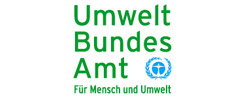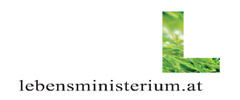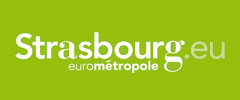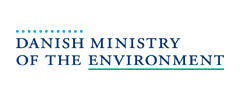Chemicals & Health

WECF and its members advocate for non-chemical alternatives worldwide, based on three principles: polluter pays, reversal of the burden of proof and the precautionary principle, and will highlight the gaps and inadequacies in current legislation. WECF raises awareness amongst consumers and encourages them to ask questions about the products they allow into their homes. WECF does not only focus on toxic chemicals in consumer products. In Armenia, Kazakhstan and the Ukraine old pesticide stockpiles pose a serious threat to the environment and public health. Partner organizations try to attract attention to these problems and cooperate with the local and national authorities to isolate or remove the stockpiles and reduce the threat to humans, animals and the environment.
Read more on the page Vision & Strategy.
Latest News & Reports
Getting to the Future We Want
4-7 November, Brussels: European Environmental Bureau’s (EEB) Annual Conference
12.11.2018
Human Biomonitoring for Europe
Vienna, 26 September: stakeholder forum
28.09.2018
A life without plastic, wouldn't it be fantastic?!
Interview with Charlotte Schueler of @PlastikfreiLeben, who lives a zerowaste life in Munich, Germany and shares her experiences to her 25.2 thousand followers on instagram & 37.2 thousand followers on facebook
14.09.2018
Find more items on the page News & Reports.
Latest Press Release
Our eight demands for an EU EDC strategy
EU has the obligation to protect its people and the environment from all harm caused by endocrine disrupting chemicals
15.05.2018
Featured Project
Product and Chemical Safety in the Balkans
"Civil society cooperation on EU acquis and on values for consumer and corporate responsibility"
Donors: European Commission, IPA Socio Economic Partnership Programme
Partners: Baltic Environmental Forum, Women´s Movement for Integral Development, Journalists for Women and Children Rights and Environmental Justice, Resource Center Leskovac
Duration: 02/2011 - 02/2013
Find more items on the page Projects & Donors.
Latest Publications
Report on National Workshop on SDGs in Georgia
On the Interlinkages of Environment & Health in the 2030 Agenda for Sustainable Development
23.05.2018
Menstrual hygiene and the environment
Check out our videos for the #plasticfreelent campaign!
21.02.2018
Gender Dimensions of Hazardous Chemicals and Waste policies under the Basel, Rotterdam and Stockholm Conventions
WECF, WEP and BaliFokus with support of the BRS Conventions secretariat have launched the advanced copy of the study "Gender Dimensions of Hazardous Chemicals and Waste Policies under the Basel, Rotterdam and Stockholm Conventions'
30.11.2017
Findings of a literature study: Plastics, Gender and the Environment
Lifecycle of plastics and its impacts on women and men from production to (marine) litter
07.11.2017
How POPs, hazardous chemicals and waste have different exposures and impacts on women's and men's health
WECF presents a film on the gender dimensions of POPs and hazardous chemicals in Nigeria
08.06.2017
Beyond 2020: Sustainable Chemistry - NGO recommendations
Position Paper by WECF & IPEN
22.05.2017
Measures against endocrine disrupting chemicals. The example of Denmark, Sweden and France
In June 2016, Wemos, PAN Europe en WECF published the report ‘Measures against endocrine disrupting chemicals. The example of Denmark, Sweden and France’.
19.06.2016
Find more items on the page Publications.











































